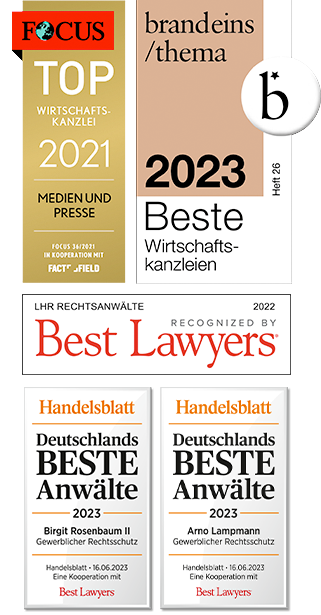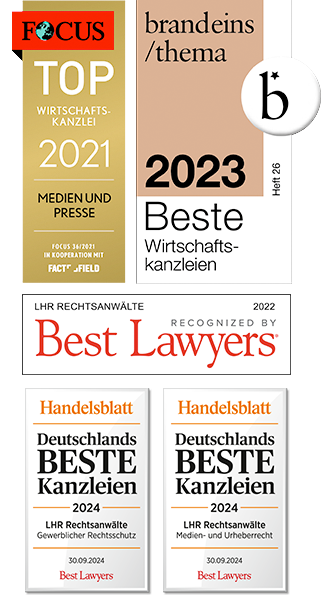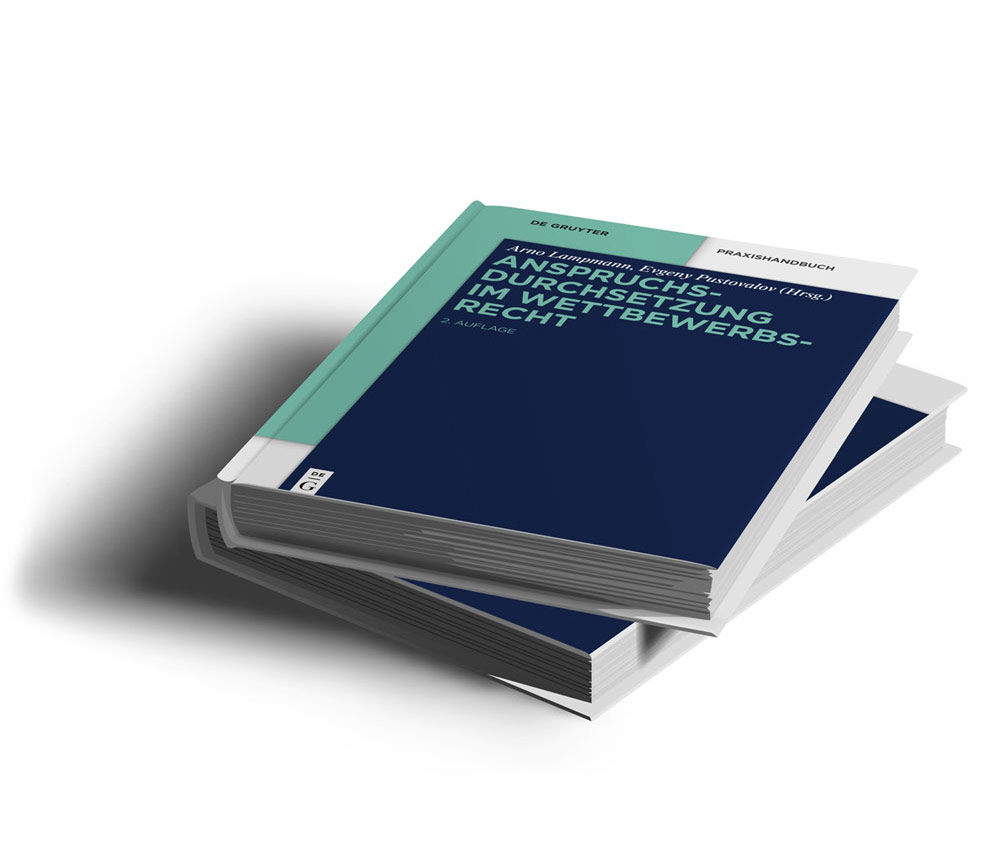ChatGPT on the wrong track? Düsseldorf Regional Court issues temporary injunction due to invented customer reviews
In the digital age, trusting online reviews has become an essential part of choosing products and services. But can you always trust these reviews? In fact, it is not uncommon to find so-called ‘fake reviews’ on the internet, where companies either try to portray themselves favourably or damage their competitors.
But what can a company do to prevent its competitors from buying positive reviews?
This is what a provider of balcony power stations asked herself and obtained a temporary injunction from the Düsseldorf Regional Court.
Jump in positive reviews on ‘ProvenExpert’
The claimant had noticed that the number of reviews and their publication rate for the defendant on the ‘ProvenExpert’ platform had risen sharply by hundreds of positive reviews within a short period of time. This led to the suspicion that the defendant had bought fake positive reviews. In fact, it turned out that many of the more recent reviews, especially those that were positive, had linguistic and content anomalies that indicated that they were not authentic.
ChatGPT? Combination of formal perfection and nonsense content
The new reviews on ‘ProvenExpert’ also showed an inconsistency with those on other platforms such as Google and Trustpilot. In addition, the suspicious reviews showed an unusually high adherence to spelling and grammar rules, while their content often made no sense. This indicated that they may have been generated by automated software (AI).
Some reviews referred to features and uses of the defendant’s products that did not exist in reality or contained errors in their content. All these features suggested that the reviews did not originate from real customers, but rather were commissioned and paid for by the defendant.
Düsseldorf Regional Court issues ban on 5 fake reviews
As the defendant did not issue a cease-and-desist declaration, an application for an interim injunction was necessary. In order not to go beyond the scope of this application, the applicant only made five reviews the subject of the dispute, for which it was obvious from their wording that they could not have originated from real customers, but rather were presumably purchased from corresponding providers.
The Düsseldorf Regional Court issued the temporary injunction the very next day and confirmed it in a judgement following an appeal (LG Düsseldorf, Urteil v. 10.11.2023, Az. 38 O 176/23, nicht rechtskräftig, hier abrufbar).
Providing evidence of internal company information is difficult
In this case, providing evidence was a challenge. If the applicant – in this case the company concerned – has no precise knowledge of certain internal processes and is unable to clarify them, while the defendant – in this case the alleged author or buyer of the fake reviews – has this information, the burden of proof becomes complicated.
In such cases, the principle of the applicant’s full burden of presentation may be limited and the defendant may bear a secondary burden of presentation. If he does not fulfil this burden, the applicant’s assertion can be regarded as admitted in accordance with Section 138 (3) ZPO or it can be concluded that the applicant was misleading by freely assessing the evidence. The applicant must still present tangible evidence for the alleged misleading statement and, if the defendant disputes this, prove both the circumstantial facts and their circumstantial effect.
In the present case, the company was able to present and credibly demonstrate numerous indications that the customer reviews were falsified, at least for 5 reviews. These obviously convinced the court.
A fine of up to € 250,000 or imprisonment is threatened
In the event of non-compliance, the defendant is threatened with a fine of up to € 250,000 or up to six months’ imprisonment. The defendant may lodge an appeal against this or force the applicant to bring an action on the merits.
In addition to the claim for injunctive relief, there are claims for damages, which the applicant will assert in separate proceedings.
Disclosure: LHR is representing the applicant in the proceedings.












